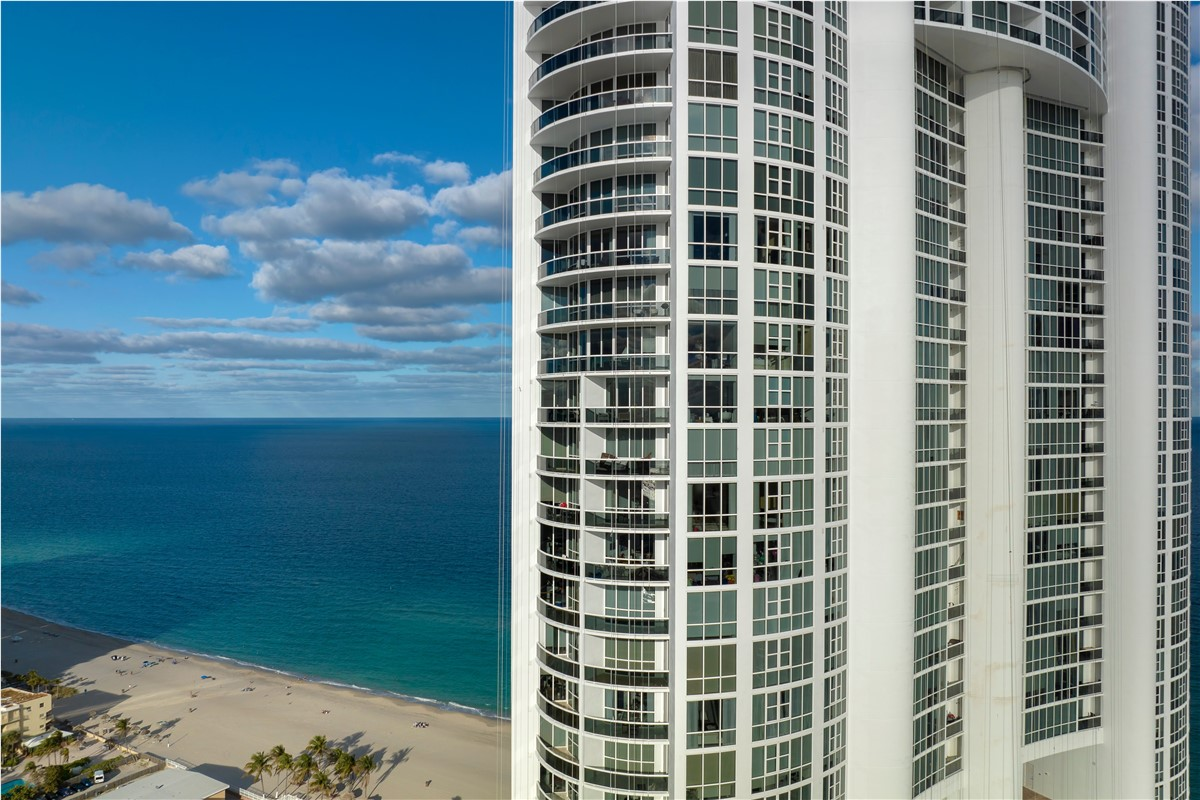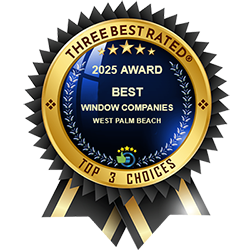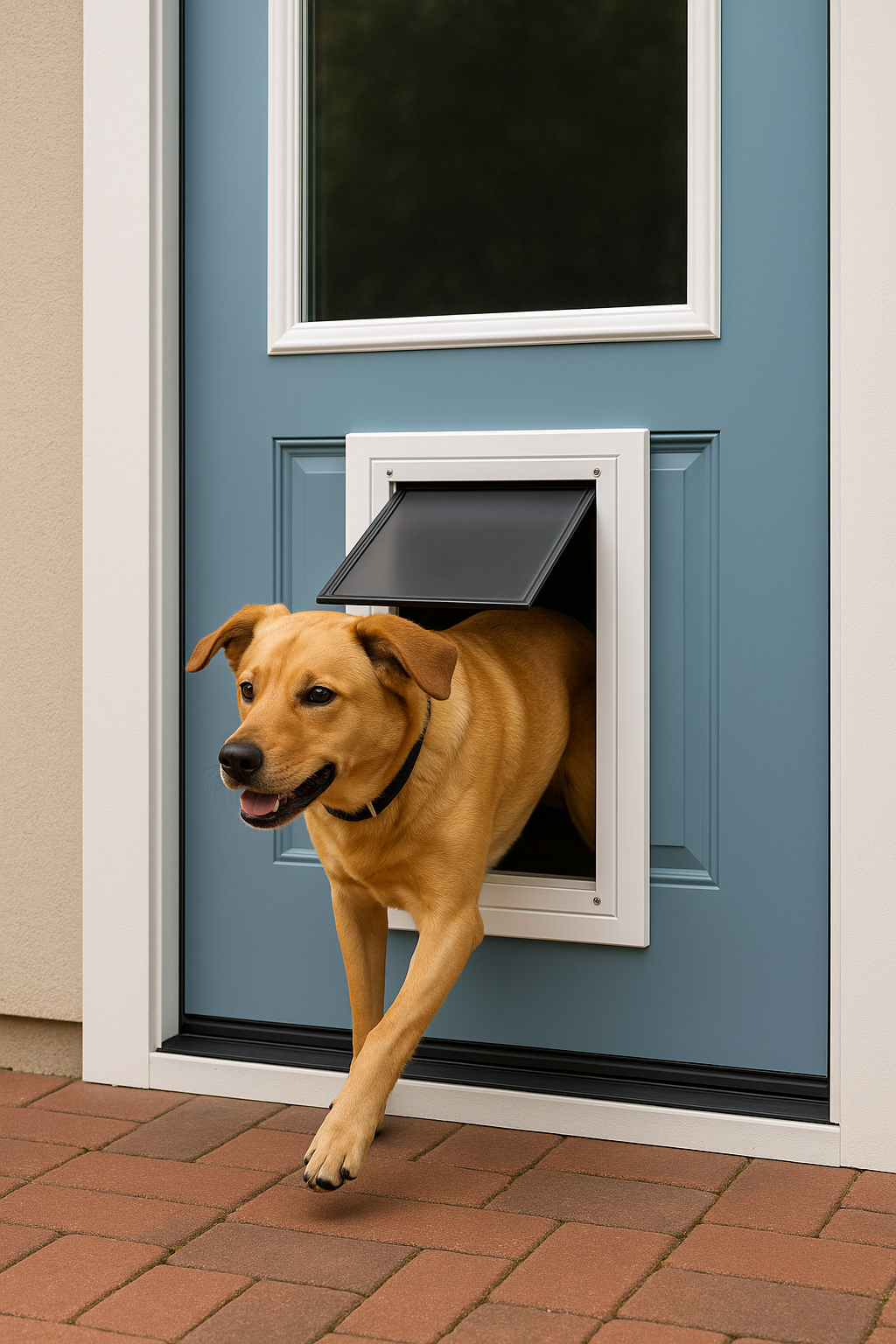
Why Commercial Properties in Florida Need Impact Windows
If you manage, own, or develop commercial buildings in Florida, you’ve likely asked: Are impact windows required? And if so, where?
Florida’s hurricane risk is no secret, and in many parts of the state—especially coastal counties—impact-resistant windows are required by law for commercial construction or window replacements. But the rules vary depending on location, building type, and wind zone.
In this guide, we’ll break down what’s actually required by code, where impact windows are mandatory, and what you should expect in terms of cost and compliance.
Where Are Impact Windows Required in Florida?
Florida’s building code divides the state into wind-borne debris regions, with stricter standards for the HVHZ (High-Velocity Hurricane Zone).
Impact windows are required for commercial buildings in:
- Miami-Dade County
- Broward County
- Southern Palm Beach County
In these counties, commercial buildings must use windows and doors that meet Miami-Dade or Florida Product Approval standards. That means tested, certified, impact-rated glass and framing.
In other areas of Florida—like Tampa, Orlando, Fort Myers, and the Panhandle—impact windows may still be required depending on:
- The building’s wind load exposure
- Whether it’s new construction or a retrofit
- Height and occupancy type
Common Florida Building Code Requirements
If your building is in a high-risk zone, your windows must meet certain standards, including:
- Florida Product Approval (FL#) or Miami-Dade NOA (Notice of Acceptance)
- ASTM impact certification (E1886/E1996)
- Design Pressure (DP) ratings that match your structure’s height and location
Tip: Always ask your window contractor for documentation showing that the products meet HVHZ standards.
What Do Commercial Impact Windows Cost in Florida?
For commercial projects, installed cost typically ranges from $75 to $120 per square foot. The price depends on:
Factor | Impact on Cost |
|---|---|
Retrofit vs. new construction | Retrofitting older buildings is more labor-intensive |
Building height | High-rise installs may require crane access |
Frame materials | Aluminum and custom finishes cost more than standard vinyl |
Glass options | Tints, energy coatings, and soundproofing add to cost |
Project size | Larger projects often qualify for bulk pricing |
If you’re working on budget planning, board approval, or a commercial renovation, we can provide a clear, no-pressure quote based on your specs.
Learn more about our commercial window services
Impact Window Benefits Beyond Code Compliance
Even when not mandated by code, impact windows offer serious advantages for Florida buildings:
- Storm Protection – Protects against wind, debris, and water intrusion
- Lower Insurance Premiums – Many carriers offer credits for approved impact windows
- Energy Efficiency – Low-E coatings and insulation reduce cooling costs
- Noise Reduction – Ideal for buildings near highways, schools, or airports
- Increased Property Value – Enhances curb appeal and resale potential
How to Choose a Commercial Impact Window Installer
Not every window company can handle commercial-scale projects. Here’s what to look for:
- Licensed and insured in Florida
- Experience with mid- and high-rise installations
- Familiarity with permitting and code in your city or county
- Ability to provide references from similar commercial jobs
- Clear communication around timeline, cost, and materials
At Statewide Windows & Doors, we’ve helped property managers, developers, and boards across Florida protect their buildings with fully compliant, professionally installed impact windows—from Miami to Orlando and everywhere in between.
Ready to Get Started?
Whether you’re planning a renovation, pricing out a bid, or need guidance on Florida code requirements, we’re here to help.
Based in Florida, we serve the majority of the state—including Orlando, Tampa, Fort Myers, West Palm Beach, Miami & Broward.
Tags
Subscribe to Statewide Windows & Doors's Blog




Comments